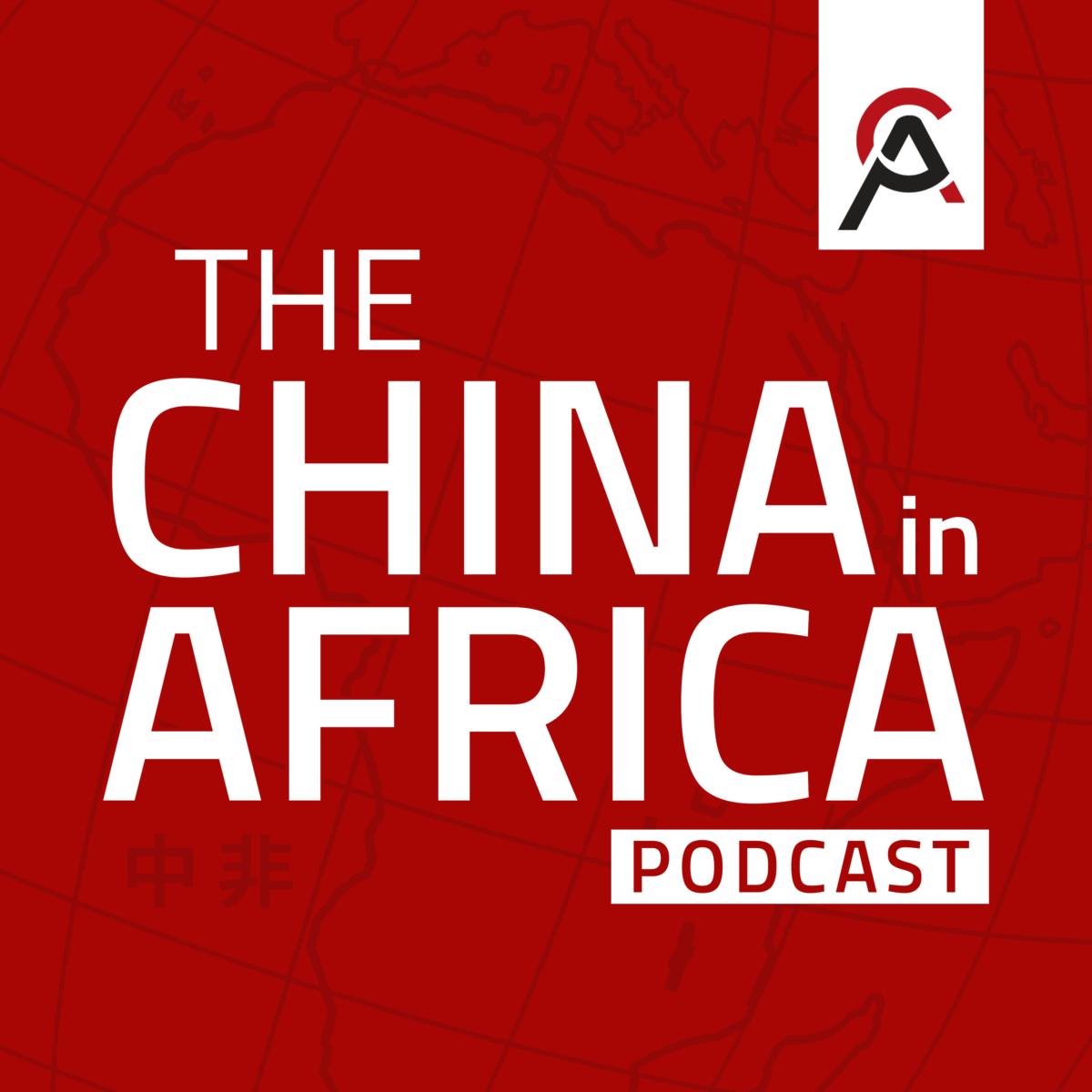The Zimbabwean government announced last month that construction of the new $3 billion Sengwa coal power plant will proceed after years of negotiation.
The new 2,800-megawatt plant will be a joint effort between Zimbabwe’s Rio Energy and a consortium of Chinese state-owned enterprises led by the Wuhan-based infrastructure contracting giant China Gezhouba Group.
Gezhouba will be the lead contractor and will also be responsible for raising additional capital. Separately, Power China will build a 150-mile-long water pipeline for the plant along with transmission lines. The Industrial and Commercial Bank of China will be involved in financing, and Sinosure is already on board to provide risk insurance.
Officials say everything is lined up and ready to go — this could be good news for electricity-starved Zimbabwe, which currently produces just over half of the 2,200 megawatts that the country needs every day.
So it’s understandable why government leaders see an additional 2,800 megawatts of capacity as something very appealing.
But the problem is that a massive plant like this poses extreme environmental and health risks to a population that is already coping with the consequences of climate change.
“Why should Zimbabwe accept a dirty source of energy, which is the biggest single cause of air pollution with devastating environmental impacts, at a time many countries are closing down coal plants?” asked Landry Ninteretse, African managing director for the climate change activist group 350.org.
Ninteretse is part of a burgeoning activist movement in Zimbabwe that opposes the Sengwa plant and says it plans to target China for its involvement with the project.
Melania Chiponda, coordinator for the Centre for Alternative Development in Harare, and Richard Ncube, the Bertha Justice Fellow at the Zimbabwe Environmental Law Association, are among those working to raise awareness about the potential dangers of building such a large coal plant and who both contend there are other, more sustainable ways for Zimbabwe to close its current energy deficit. Melania and Richard join Eric and Cobus to discuss the politics of energy, China, and the way forward for Zimbabwe in these uncertain times.







